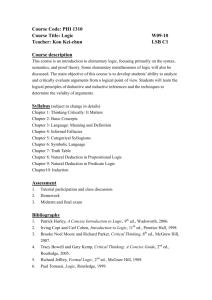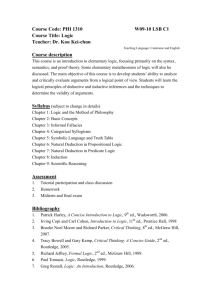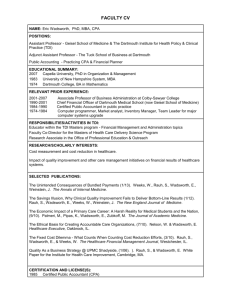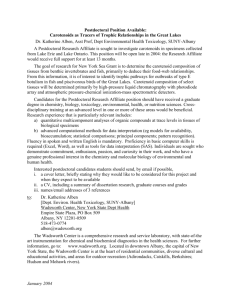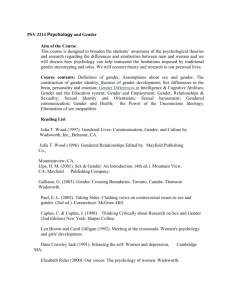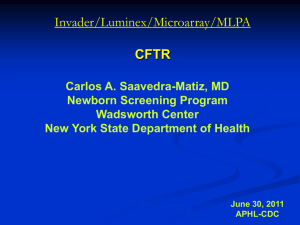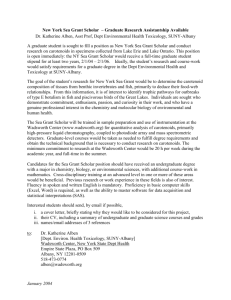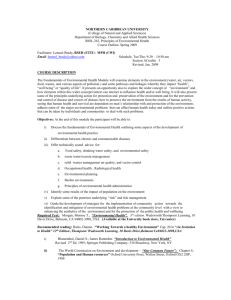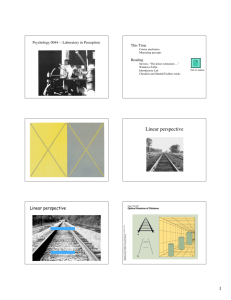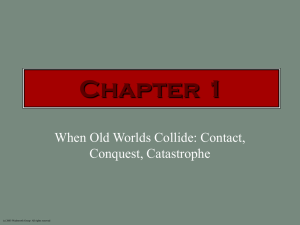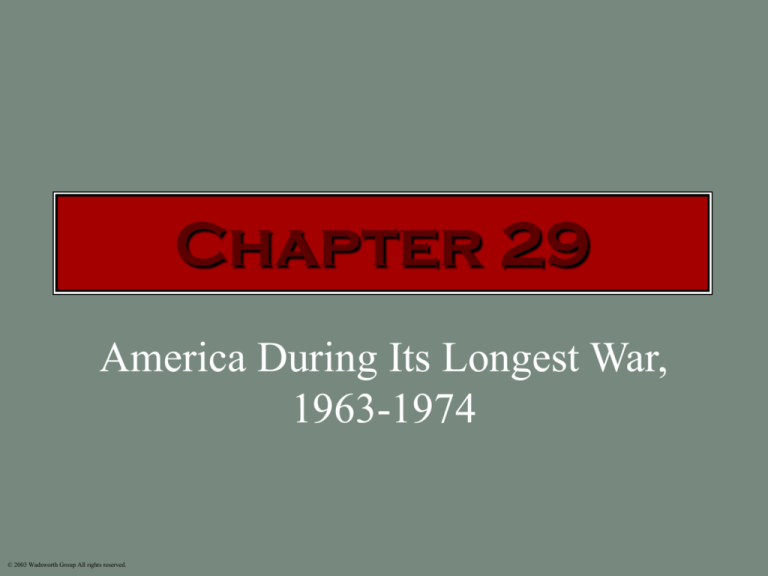
Chapter 29
America During Its Longest War,
1963-1974
© 2003 Wadsworth Group All rights reserved.
The Great Society
• Lyndon Baines Johnson (1963-1969)
– Consummate legislative horse trader
– Helped transform Texas economy with his
power in Congress
– Wanted to expand that transformation to all of
America
(c) 2003 Wadsworth Group All rights reserved
Closing the New Frontier
• Economic Opportunity Act (1964)
– Office of Economic Opportunity
– VISTA
– Job Corps
• Civil Rights Act (1964)
– Equal Employment Opportunity Commission (EEOC)
– Title VII
• “Freedom Summer”
• Mississippi Freedom Democratic Party
(c) 2003 Wadsworth Group All rights reserved
The Election of 1964
• Barry Goldwater
– Militant anti-communism
– Anti-Civil Rights Act
– “Extremism in defense of liberty is no vice”
• Johnson wins spectacularly
• Goldwater’s campaign energizes future
Conservative leaders
– George Wallace
– Ronald Reagan
– William Rehnquist
(c) 2003 Wadsworth Group All rights reserved
Lyndon Johnson’s Great Society
• Medicare and Medicaid
• Department of Housing and Urban Development
(HUD)
• Voting Rights Act (1965)
• "War on Poverty"
• “Model Cities Program”
• Head Start
• Community Action Program
(c) 2003 Wadsworth Group All rights reserved
Evaluating the Great Society
• Johnson’s dramatic extension of Washington’s
power rekindled debates about government’s role
• Conservative opponents
– George Wallace
– Barry Goldwater
• Charles Murray Losing Ground (1984)
• Great Society: did not redistribute wealth in
America
• Great Society: first significant investment of
federal money in domestic social programs since
the New Deal
(c) 2003 Wadsworth Group All rights reserved
Escalation in Vietnam
• Escalation of the war overseas demanded
the administration’s energy and resources
• Vietnam war
– alienated many Americans, especially the
young
– divided the nation
(c) 2003 Wadsworth Group All rights reserved
The Tonkin Gulf Resolution
• Gulf of Tonkin
– Maddox
– Turner Joy
• Tonkin Gulf Resolution (1964)
• South Vietnam’s government was
ineffective and chaotic
• Johnson’s advisors give conflicting advice
• Johnson’s decision: "Rolling Thunder“
(c) 2003 Wadsworth Group All rights reserved
The War Widens
•
•
•
•
•
•
•
Intervention in the Dominican Republic
William Westmoreland
"Search and destroy"
Operation RANCHHAND
Johnson’s “light at the end of the tunnel” mindset
“Pacification"
“Strategic hamlet"
(c) 2003 Wadsworth Group All rights reserved
The Media and the War
• Television war coverage: a “living room
war”
• “Hawks” v. “doves”
• J. William Fulbright
(c) 2003 Wadsworth Group All rights reserved
The War at Home
• Millions of Americans eventually
opposed the war in Vietnam
• By 1968, years of tensions reached a
critical point
(c) 2003 Wadsworth Group All rights reserved
A New Left
• Young Americans for Freedom (YAF)
• Students for a Democratic Society (SDS)
–
–
–
–
–
“Port Huron Statement”
"New Left”
Civil Rights
Vietnam
Domestic economic deprivation
• Berkeley “student revolt”
• Burning draft cards
• “Teach-ins”
(c) 2003 Wadsworth Group All rights reserved
The Counterculture
•
•
•
•
•
•
•
“Hippies"
Bob Dylan
Grateful Dead
Rolling Stones and Beatles
Easy Rider and the “new Hollywood”
Ford Mustang
March on the Pentagon (1967)
– Abbie Hoffman
(c) 2003 Wadsworth Group All rights reserved
American Attitudes Toward the Vietnam War– Responses to the
question: “Do you think that the United States made a mistake in
sending troops to fight there?”
(c) 2003 Wadsworth Group All rights reserved
From Civil Rights to Black
Power
•
•
•
•
King and Selma march
Watts (1965)
"Black Power"
Nation of Islam
– Malcolm X
– Elijah Muhammad
•
•
•
•
Stokely Carmichael
Black Panthers
Civil Rights Act of 1968
Fair Housing Act
(c) 2003 Wadsworth Group All rights reserved
1968: The Violence Overseas
•
•
•
•
•
"Tet Offensive“
Westmoreland asks for 206,000 more troops
Clark Clifford
"Vietnamization“
Eugene McCarthy
(c) 2003 Wadsworth Group All rights reserved
1968: The Violence at Home
• Devastating Assassinations in 1968:
– Martin Luther King, Jr.
• James Earl Ray
– Robert Kennedy
• Nixon promises restoration of “Law and
Order”
• Chicago Democratic National Convention
– “Police riot”
– Hubert Humphrey
(c) 2003 Wadsworth Group All rights reserved
The Election of 1968
• Richard M. Nixon (1969-1974)
• Hubert Humphrey
• George Wallace
–
–
–
–
American Independent Party
Anti-”tax and spend” Washington bureaucracy
Curtis Lemay
“Bombsey twins”
• Nixon victory
– “Forgotten Americans”
(c) 2003 Wadsworth Group All rights reserved
The Nixon Years, 1969-1974
• Political background
– House of Representatives (1946)
– Senate (1950)
– Vice-President (1952)
• Preoccupied with settling old scores and
confronting new enemies
The Economy
• Staggering decline in the economy
–
–
–
–
Costs of war in Vietnam
Deteriorating trade balance
Rising inflation
Soaring unemployment
• “Stagflation”
– Economic stagnation coupled with price inflation
• 90 day wage and price freeze
• Floating exchange rates
(c) 2003 Wadsworth Group All rights reserved
Social Policy
• Daniel Patrick Moynihan and the Family
Assistance Plan (FAP)
• “New federalism”
– Block grants
• Supplemental Security Income (SSI)
• “Indexing” of Social Security benefits
(c) 2003 Wadsworth Group All rights reserved
Social Welfare Spending, 1960-1990
(c) 2003 Wadsworth Group All rights reserved
Environmentalism
• Preservationist legislation
• Environmentalism
– Rachel Carson Silent Spring (1962)
– Earth Day (1970)
•
•
•
•
Environmental Protection Agency (EPA)
Clean Air Act of 1970
Endangered Species Act of 1972
Environmental impact statements
Controversies over Rights
• Warren Court and Miranda v. Arizona (1966)
• Burger Court and Dandridge v. Williams (1970)
• Ralph Nader
– Unsafe at Any Speed (1965)
• Occupational Safety Act (1973)
• National Organization for Women (NOW)
– Equal Rights Amendment (ERA)
– Phyllis Schlafly’s “Stop ERA”
– Roe v. Wade (1973)
(c) 2003 Wadsworth Group All rights reserved
Foreign Policy Under Nixon and
Kissinger
• Henry Kissinger, National Security Adviser
– National Security Council
– 1973-1977: secretary of state
– Engineered grand strategies of foreign policy
• Soviets, China, disengagement in Southeast Asia
(c) 2003 Wadsworth Group All rights reserved
Détente
• Easing of tensions with Soviets and
Communist Chinese
• Strategic Arms Limitation Talks (SALT I)
• People's Republic of China
(c) 2003 Wadsworth Group All rights reserved
Vietnamization
• "Nixon Doctrine"
• Cambodia (1970)
– Jackson State College
– Kent State University
• My Lai
– William Calley
• Christmas bombing
• Vietnam Veterans Against the War
– "how do you ask a man to be the last man to die for a
mistake” John Kerry April 1971
• Paris Peace Accords (1973)
• Collapse of Saigon
(c) 2003 Wadsworth Group All rights reserved
The Aftermath of War
• 1960-1973: 3.5 million men and women
served in Vietnam
– 58,000 died
– 150,000 wounded
– 2,000 missing
• Politicians and citizens alike struggled with
the conditions and outcome of the war
• “No more Vietnams”
(c) 2003 Wadsworth Group All rights reserved
The Nixon Doctrine
• Kissinger: the U.S. would not dispatch troops to
oppose revolutionary insurgencies but would give
assistance to anticommunist regimes or factions
• Early 1970s, America supported staunch
anticommunist powers with dictatorial
governments
– Iran, South Africa, Brazil
– Covert CIA operations: Chile, 1970
• Senator Frank Church
(c) 2003 Wadsworth Group All rights reserved
The Wars of Watergate
• Nixon’s paranoia
– White House secret intelligence unit
• Daniel Ellsberg
– "Pentagon Papers"
(c) 2003 Wadsworth Group All rights reserved
The Election of 1972
• CREEP (Committee to Re-Elect the
President)
• “Dirty tricksters"
• George McGovern, Democratic candidate
• Twenty-sixth Amendment, 1971
– Lowered legal voting age to 18 years
(c) 2003 Wadsworth Group All rights reserved
Nixon Pursued
•
•
•
•
•
•
•
•
Watergate
John Sirica
Sam Ervin
White House tapes
“Executive privilege”
Spiro Agnew
Twenty-fifth Amendment
Gerald Ford, named Vice-President
(c) 2003 Wadsworth Group All rights reserved
Nixon’s Last Days
•
•
•
•
•
•
•
•
Archibald Cox
"Saturday Night Massacre”
Leon Jaworski
U.S. v. Nixon (1974)
Impeachment
“Smoking gun”
President Gerald Ford
Nixon pardoned
(c) 2003 Wadsworth Group All rights reserved
Conclusion
• Lyndon Johnson’s “Great Society”
• Escalation in Vietnam
– Consumed the nation and hurt the economy
• Richard Nixon
– Abuse of power and Impeachment
• Generation and racial conflict
• Conflicting definitions of patriotism
(c) 2003 Wadsworth Group All rights reserved

